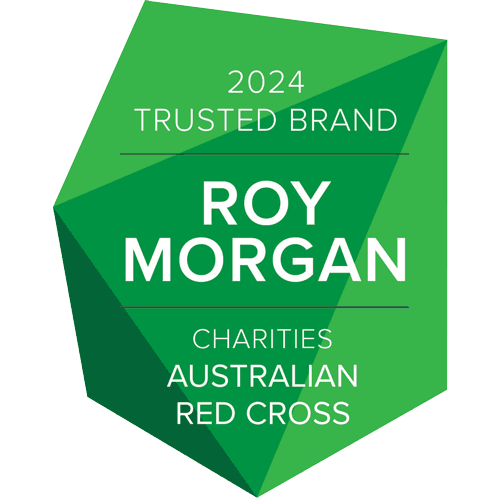Media releases
8 April 2025
Australian Red Cross opens new Victorian state office
30 March 2025
Australian Red Cross launches Global Emergency Fund to support Myanmar earthquake response
16 March 2025
Register.Find.Reunite. launched to reunite families and friends impacted by the Montrose Bushfires
8 March 2025
Australian Red Cross launches Cyclone Alfred Appeal
6 March 2025
Register.Find.Reunite. Don’t wait — Register now to let loved ones know you’re safe
13 February 2025
Register.Find.Reunite launched to reunite families and friends impacted by Severe Tropical Cyclone Zelia
31 January 2025
Register.Find.Reunite launched to reunite families and friends impacted by the Townsville Rain Event
27 January 2025
Register.Find.Reunite launched to reunite families and friends impacted by the Dimboola bushfires
